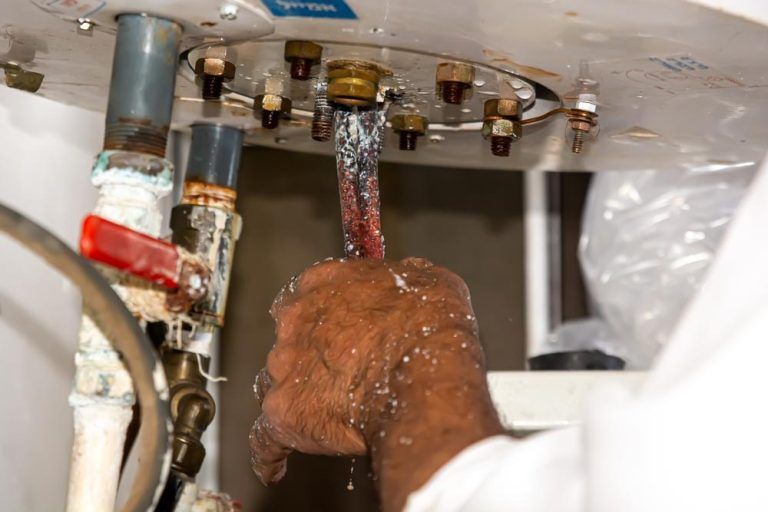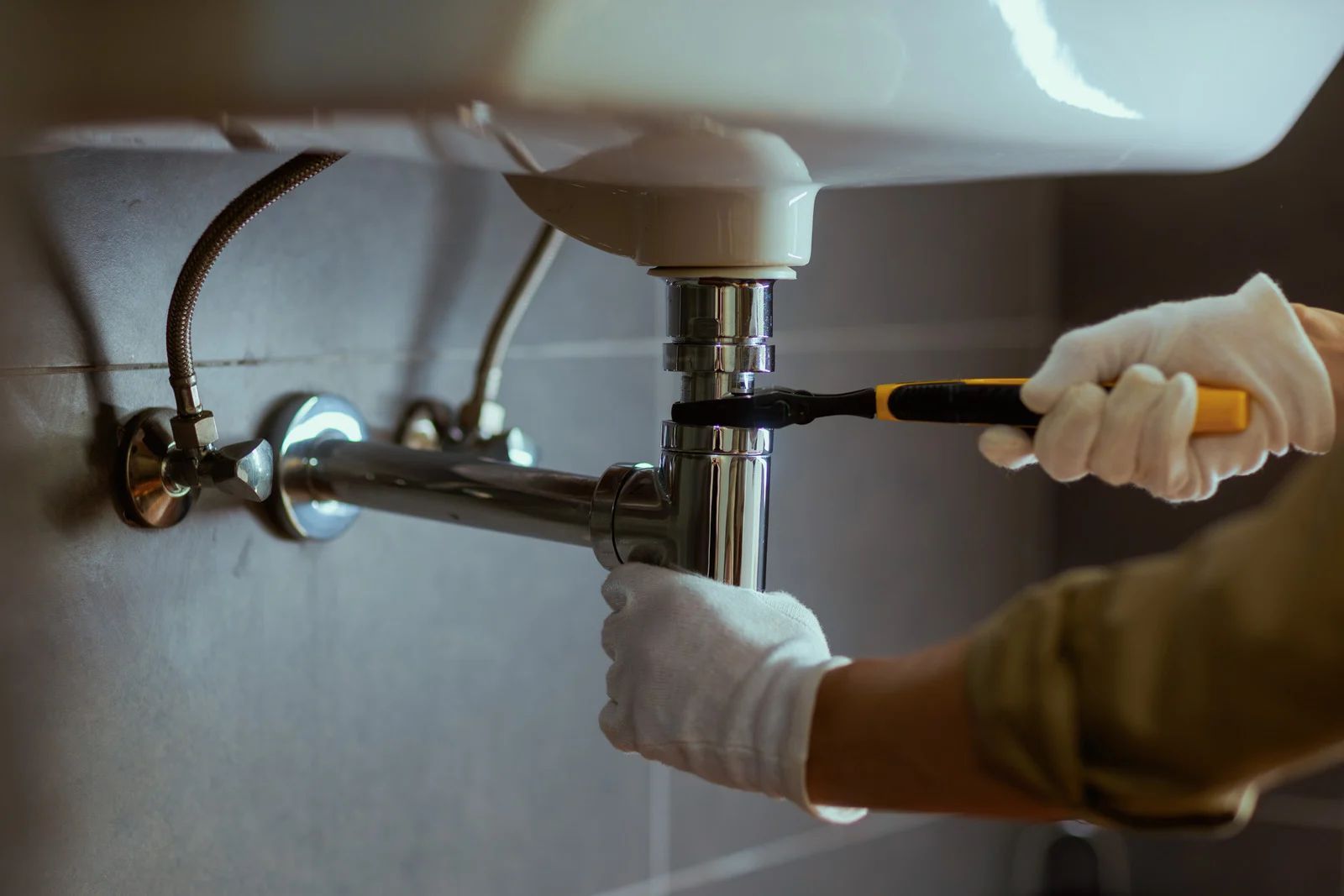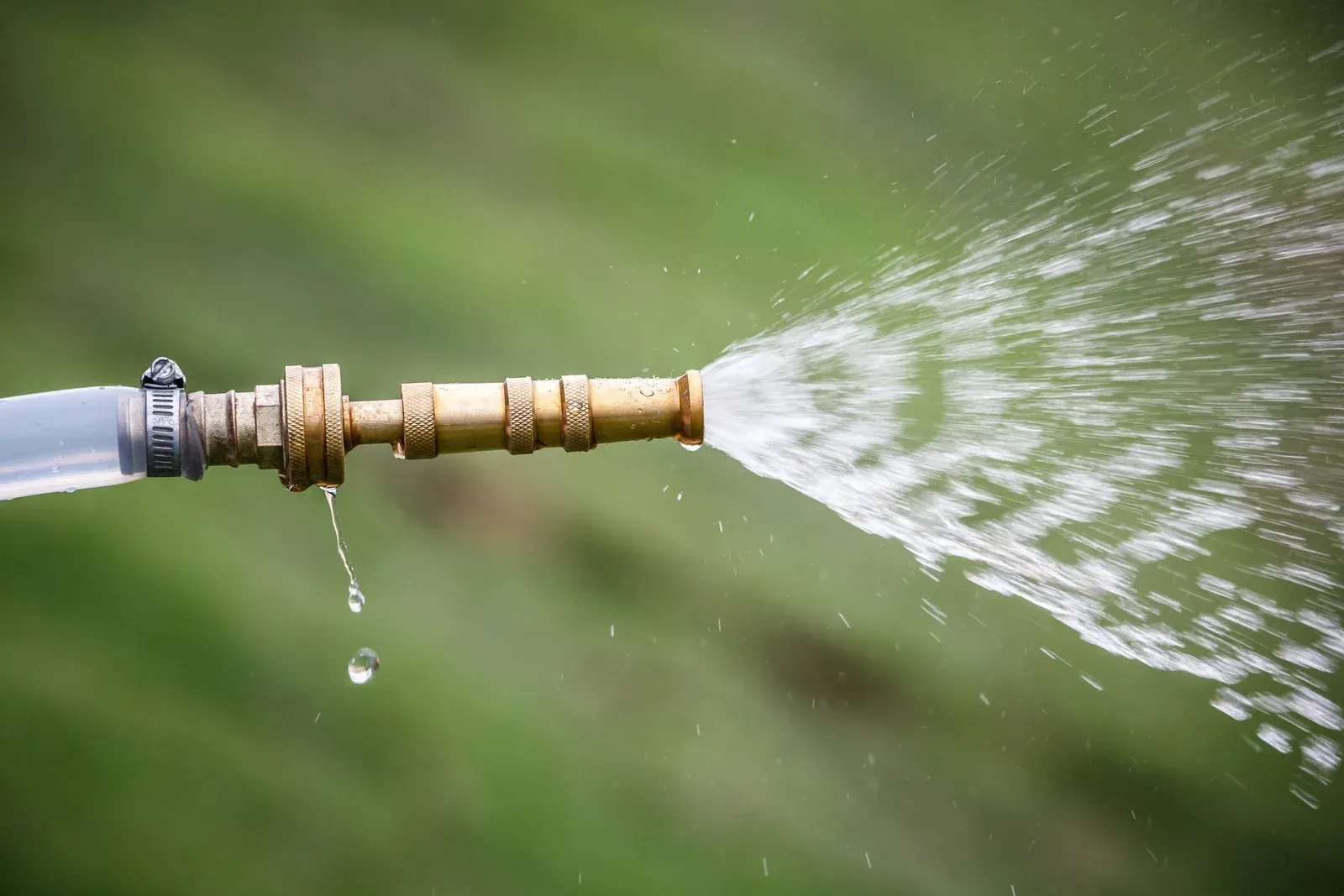Essential Considerations for Water Heater Replacement
It’s quite an understatement to say that water heaters are essential appliances in every home. They provide us with the convenience of hot water for our daily needs, such as showering, washing dishes, and doing laundry. It’s only natural, however, for these devices to experience wear and tear over time, eventually exhausting their lifespan and requiring replacement.
Deciding when and how to replace your water heater involves various factors that can impact performance, energy efficiency, and overall costs. As a trusted team for expert
water heater repair in Thousand Oaks, CA, Roberts Plumbing Hydro Jet & Rooter outlines the most important considerations when planning a water heater replacement.
Age of the Water Heater
Most traditional tank-style water heaters last between 8 and 12 years, depending on usage and maintenance. If your unit is approaching or has passed this age range, it only makes sense to start considering a replacement. Older models are also less efficient, which means upgrading to a newer water heater could reduce your energy bills and improve performance.
However, age alone isn’t the only factor for new
water heater installation. Other indicators of a failing unit include frequent breakdowns—prompting you to spend more money on repairs, rusty water, leaks, and strange noises coming from the tank.
Type of Water Heater
Traditional tank-style models and tankless or on-demand water heaters are among the most common options for replacement, each offering distinct advantages.
A tank-style unit continuously heats and stores water, making it suitable for households that consume a lot of hot water. On the other hand, a tankless water heater only heats water as needed, eliminating standby energy losses. It’s also smaller in size, offering a space-saving solution for compact homes.
Energy Efficiency
Water heaters are typically the second biggest energy users in a home, right after heating and cooling systems. With that in mind, it’s crucial to pay attention to the energy efficiency of your new water heater. Tankless units are known for their higher efficiency ratings compared to traditional tank-style units.
However, even within the same type of water heater, there are significant differences in energy efficiency between different brands and models. Take some time to research and compare Energy Star ratings and estimated annual operating costs before making your final decision.
Size and Capacity
Choosing the correct size water heater is key to making sure your household has a reliable supply of hot water. A unit that’s too small will struggle to meet demand, leading to inconsistent water temperatures and frequent shortages. Conversely, a water heater that’s too large will waste energy, driving up your utility bills unnecessarily.
To determine the appropriate size and capacity, think of your household’s hot water usage habits, such as the number of people living in your home and their daily routines. A professional plumber, like the ones at Roberts Plumbing Hydro Jet & Rooter, can also offer guidance and recommendations based on your specific needs.
Fuel Source
Most water heaters use either gas or electricity as their primary fuel source. It’s usually more cost-effective to stick with the same fuel source when replacing your unit, as changing it can require additional installation costs. However, if you are considering switching to a different fuel type for energy efficiency or other reasons, consult with a professional plumber to determine if it’s feasible and cost-effective in the long run.
Installation Costs
Apart from the upfront cost of the unit itself, you should factor in installation costs when planning for a hot water heater replacement. This includes any necessary modifications to your plumbing or electrical systems, as well as labor costs.
While it may be tempting to save money by attempting a DIY installation, it’s not recommended. Improper installation can lead to safety hazards and damage to your new water heater, ultimately costing you more in the long run and voiding any manufacturer warranties. It’s best to leave this task to trained professionals who have the skills and experience to get the job done right.
Maintenance Requirements
Before choosing a new unit, ask about its maintenance requirements. Some water heaters, like tankless models, require periodic descaling to prevent mineral buildup. Traditional tank water heaters should be flushed regularly to remove sediment and reduce wear on the tank. Understanding the upkeep involved can help you make an informed decision and avoid unexpected issues in the future.
Get Expert Help from Our Certified Team
Roberts Plumbing Hydro Jet & Rooter is the local company you can turn to for top-quality water heater services. We offer a wide range of water heater solutions, from repairs and maintenance to installation and replacement. We are licensed, bonded, and insured, and we’re committed to providing exceptional results and complete satisfaction for all our customers. Contact us today to schedule an appointment.



